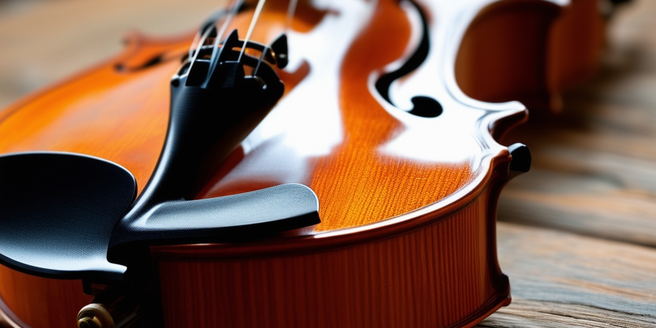
The Historical Evolution of Music
From ancient tribal drumming to modern electronic beats, music has evolved significantly throughout history. Early humans used music for rituals and storytelling, gradually developing organized forms such as classical music and folk traditions. The invention of musical notation allowed compositions to be preserved and shared across generations. The 20th century saw the birth of jazz, rock, and hip-hop, each reflecting the social changes of their times. As society progresses, music often acts as a mirror to cultural shifts and innovations. Technology continues to propel music forward, giving rise to new genres and ways to experience sound.
Music as a Cultural Identifier
Music is a powerful cultural identifier, representing the values, struggles, and triumphs of communities. Different genres and styles stem from various cultural backgrounds, creating a rich tapestry of auditory expression. For instance, blues and jazz originated in African American communities, reflecting their unique experiences. These genres have had a profound impact on the global music scene. New genres are also emerging as cultures blend and influence each other. Similarly, traditional folk music often tells the stories of a people’s history and customs. In today’s globalized world, music continues to bridge cultures, fostering mutual understanding and appreciation among diverse groups.
The Psychological Effects of Music
Music has profound psychological effects, influencing emotions, thoughts, and behaviors. Listening to upbeat music can enhance mood and motivation, while slower tempos might induce relaxation and mindfulness. Music plays a significant role in cultural and social rituals across the globe. It has been an integral part of human civilization for centuries. Music therapy harnesses these properties to address mental health issues, from reducing anxiety to managing depression. Studies have shown that music can improve cognitive performance, enhance memory, and even aid in pain management, making it a valuable tool for both mental and physical health.
Music Therapy: Healing Through Sound
Music therapy leverages the power of music to promote healing and well-being. Trained therapists use music interventions to address the emotional, cognitive, social, and physical needs of individuals. Whether through active participation like playing instruments or passive listening, music therapy can aid in recovery and improve quality of life. It’s particularly effective for individuals with conditions such as autism, dementia, and PTSD, providing a non-verbal outlet for expression and connection. Music can create a unique space where patients feel safe and understood. The therapeutic potential of music is vast and continues to be explored.
The Role of Music in Education
Music plays a crucial role in education, enhancing learning and personal development. Integrating music into the curriculum can improve language skills, mathematical abilities, and social interaction. Playing instruments and participating in ensembles teaches discipline, teamwork, and creativity. Furthermore, it has a positive impact on cognitive development. Additionally, the benefits of music education extend to emotional well-being and stress management. Moreover, music education fosters cultural awareness and emotional expression, providing students with a well-rounded educational experience. Research indicates that students engaged in music programs often perform better academically and exhibit higher levels of self-esteem and motivation.
The Future of Music in a Digital Age
The future of music in a digital age is characterized by innovation and accessibility. Digital technology has transformed how music is created, distributed, and consumed. Platforms like streaming services and social media enable artists to reach global audiences with ease. Musicians can now collaborate virtually, breaking geographical barriers that once limited creative partnerships. Advances in artificial intelligence and virtual reality are opening new frontiers for music production and performance. This technological evolution has democratized music creation, allowing even amateur musicians to produce high-quality work. As technology continues to evolve, the music industry is poised for exciting changes, offering endless possibilities for artists and listeners alike.
